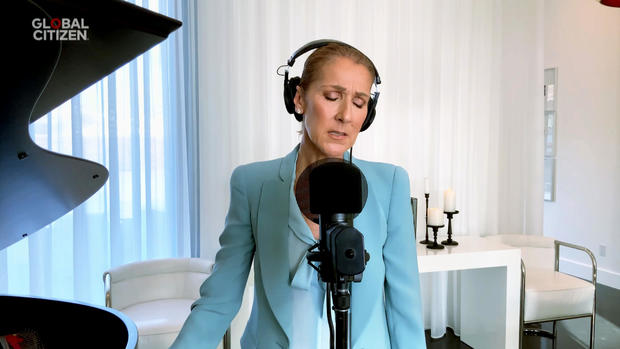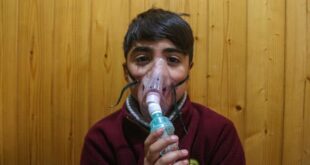Céline Dion revealed in an emotional and tear-filled announcement on Thursday that she had to postpone her upcoming European tour after being diagnosed with a “very rare neurological disorder”: stiff-person syndrome.
The debilitating illness has impacted her ability to sing and walk.
According to the National Institute of Neurological Disorders and Stroke, stiff-person syndrome, otherwise known as Moersch-Woltman syndrome, is a “rare neurological disorder with features of an autoimmune disease.” The illness causes the body to become rigid and more sensitive to noise, touch and emotional distress. That heightened sensitivity can cause muscle spasms, as well as “hunched over and stiffened” postures,” according to the institute.
The muscle spasms, which Dion said she has experienced, “can be so violent they can dislocate joints and even break bones,” according to the Stiff Person Syndrome Research Foundation.
Dion said the spasms have affected “every aspect” of her daily life, from causing problems with her ability to walk to preventing her from using her vocal cords to sing the way she is used to.
Getty Images for Global Citizen
The disorder, which impacts twice as many women as men, according to the institute, causes many people to become too disabled to “walk or move.” Many people are “afraid to leave the house,” the institute adds, “because street noises, such as the sound of a horn can trigger spasms and falls,” its researchers say.
Fewer than 5,000 people in the U.S. are believed to have the disorder, according to the Genetic and Rare Diseases Information Center.
However, little is known about it. It is often misdiagnosed as other autoimmune disorders, such as Parkinson’s disease or a combination of anxiety and phobia. But researchers believe it could be caused instead by an “awry” bodily response in the brain and spinal cord.
Treatment for the ailment typically includes high doses of diazepam, otherwise known as Valium, which is often used to help relieve anxiety and alcohol withdrawal, according to the Mayo Clinic. Those with stiff-person syndrome also often take “several anti-convulsants,” including gabapentin and tiagabine, the institute said.
While Dion has not revealed her specific treatment, she said she is working with a sports medicine therapist and a “great team of doctors.”
Treatment can help improve the symptoms, but there is no cure for the disorder.

 Latest Breaking News Online News Portal
Latest Breaking News Online News Portal






